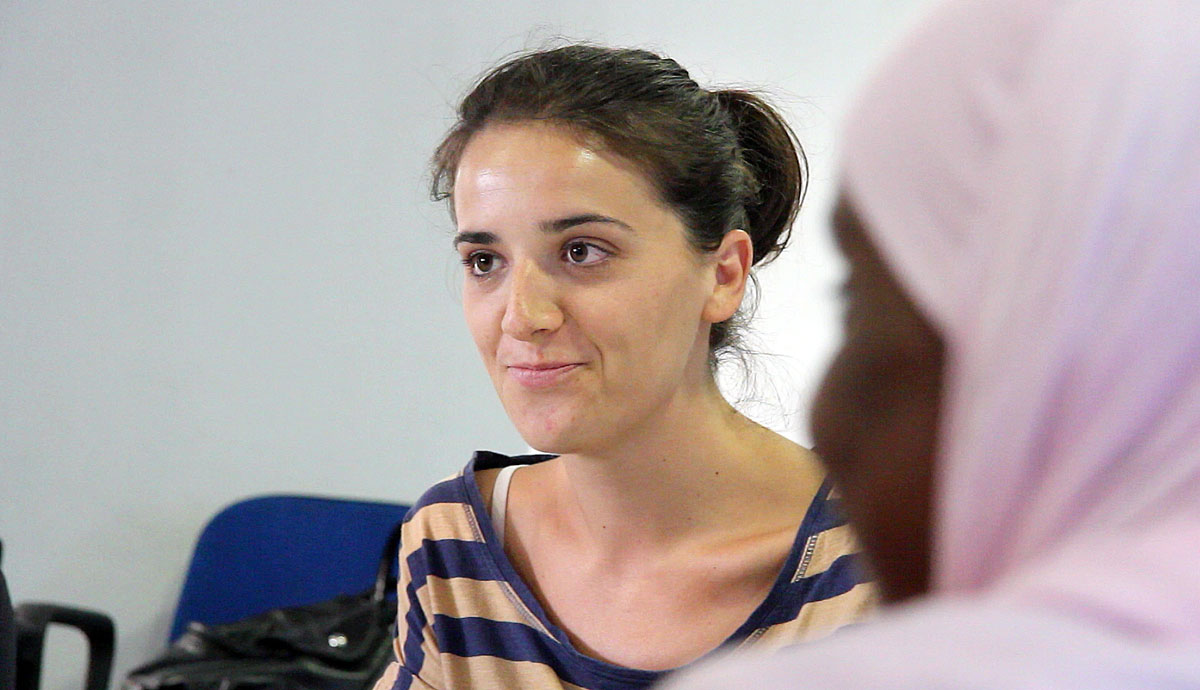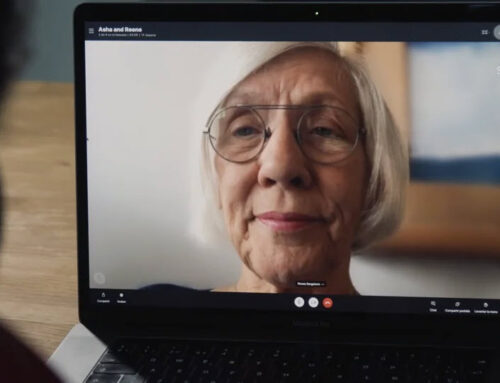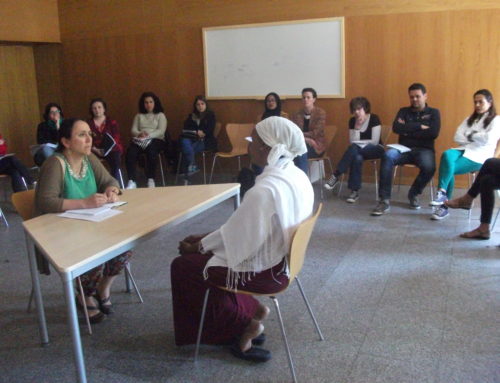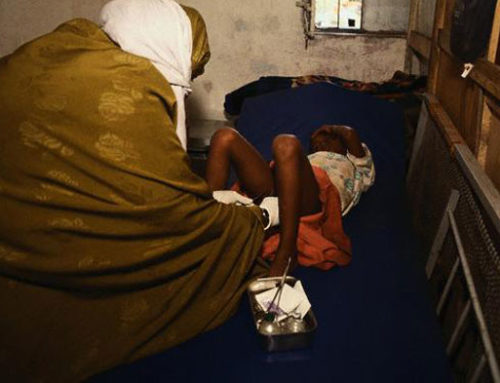Milena Medina, psychologist
“Immigrants have a great need to learn and talk about sexuality”
Milena Medina Pinilla is trained as a psychologist and family therapist. She is 28 years old and currently works as a psychologist at the Family Support Centre of the Community of Madrid (CAF) and as a social educator with young immigrants in Ciudad Joven, an association with extensive experience in social intervention. At this association, she teaches workshops on sexuality, gender equality, and prevention of violence, among many other subjects. In addition, she manages to set aside some of her time to collaborate with the association Save a Girl Save a Generation and has been involved in organizing and developing workshops on Health and Sexual Wellbeing organized by Save a Girl Save a Generation that gathered together a group of twelve Somalian immigrants for a period of four weeks.
As a psychologist, what have been the main difficulties in dealing with sexual issues among the immigrant population?
There are several difficulties. To begin with, the main difficulty is that the issue of sexuality is a taboo subject in the countries of origin of these immigrant groups, such as Somalia, or Arab countries. Breaking that initial barrier which is beginning to talk about sexuality is complicated and takes time. It is necessary that the group gets to know each other, trusts each other and feels comfortable together to be able to break that barrier. However, once these requirements have been met, the immigrant population – more specifically the Somali people who are the ones that mostly attend Save a Girl Save Generation workshops – eventually become more receptive and are able to participate and speak about sexuality in a natural way. We must bear in mind that if sexuality is an already a taboo subject, it is even more so in mixed groups of men, which sometimes means there is an additional handicap to overcome so that these people can eliminate the barrier that I have just mentioned.
Other difficulties are the beliefs they have about various aspects of sexuality. A large part of this immigrant population comes from rural areas where information on sexuality comes exclusively from old wives’ tales. This is what gives rise to the myths which are strongly rooted in their society, myths that hinder and harm the sexual health of women and men and are sometimes easy to disperse while, at other times, are not so easy to get rid of.
Thanks to the workshop on Promotion and Wellbeing of Sexual Health organized by Save a Girl, Save a Generation, I could see that one of the main difficulties was the fact that immigrant women, and also men, take into account a very narrow view of what is sexuality. In fact, when we asked them what “sexuality” meant to them, they all referred to the sexual act or intercourse. They did not take into account many other aspects of sexuality, they did not perceive themselves as sexual beings nor do they consider their sexual needs. Women did not value or attach importance to the pleasure given during the sexual act. They did not consider sexuality as a way of communicating and showing love and affection between two people. This way of viewing sexuality was strongly rooted in both immigrant men and women, and perhaps partially modifying that vision is one of the biggest difficulties we have to face, but also, without a doubt, one of the greatest challenges we, as professionals, have to deal with if want to help these people live in a completely healthy way while recognizing all their needs and rights.
After meeting men and women from other cultures and talking to them about sex once they trust you, do you think we are so different in the West about this issue or deep down are we more similar than we care to admit?
I think that in some ways we are different and in others, we are very similar. For Spanish people, sexuality has also been a taboo until very recently. However, today in many sectors of society, you can talk about sexuality in a natural way. In schools and institutes talks about sexuality are given, there are training programs for teachers and parents on how to talk to our children about sexuality, the family planning centers have experts who guide and advise the young people about sexuality. This does not mean that young Spaniards live their sexuality in the healthiest way. In this aspect, we are both different and similar: different in the sense that the issue of sexuality is addressed in society and similar in the sense that even with all the information and training we have, it is difficult for us to respect our own rhythms, identify our needs and satisfy them, and live our full sexuality free of prejudice.
We are different in what we know about sexuality. Western society, as I have just said, is much more informed and educated than the immigrant population, especially the African population. However, we are similar in what we feel, in our worries and in the fear of feeling judged by others. An example of this is the loss of virginity. I speak of women because I am a woman: both for women of immigrant origin and for Spanish women, the first time, far from being a fairy tale as many Hollywood films show, it is a source of worry, fear, dissatisfaction, guilt, and shame.
I could summarize it by saying that we are different in form (the Western population seems to know everything about sexuality, to live their sexuality fully and seem satisfied with it) but not deep down. They can experience fears, worries, and dissatisfaction that can be very similar in many cases. In my point of view, this is due to the fact both Western and Eastern society live their sexuality in patriarchal societies that make women submissive to the pursuit of the man’s pleasure. While it is not to the same extent in Western and Eastern societies, the groundwork is similar in both.
We have had four days of Sexual Health and Wellbeing workshops aimed at the immigrant population. As an active part of this initiative, what conclusions have you come up with?
I have to emphasize that everything I have just explained has come from the conclusions I have come up with after having had the pleasure of participating in these workshops. I can also conclude that something that does differentiate us is the system of cultural and religious values, as well as what marriage, gender roles, marital relationships, motherhood and fatherhood or pleasure means to them.
When we work with people of immigrant origin we must take into account these differences in order to find the balance between identifying and respecting their needs and rights, as all human beings and sexual beings have, taking into consideration the respect for their cultural and religious values. This is a complicated but not an impossible task.
And above all, I can come to the conclusion that the immigrant population has a great need to learn, share, and talk about their experiences related to sexuality, and when I say immigrant population, I mean both men and women. I believe that if the job is done well if it is legitimate and respectful if they feel their stories are taken into account, they will be very receptive and interested in acquiring knowledge that allows them to live their sexuality in a healthier way which will lead to more positive relationships.





Leave A Comment